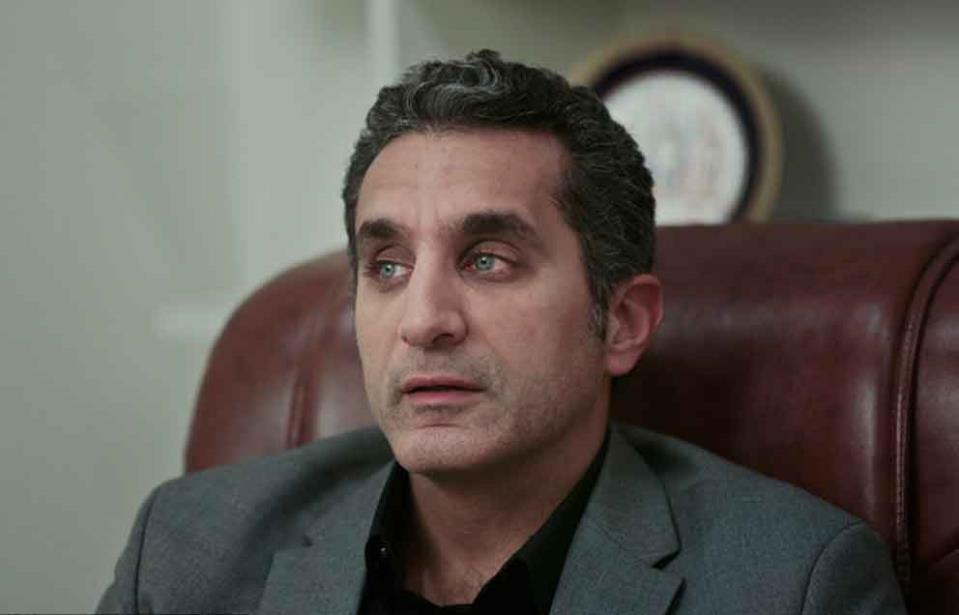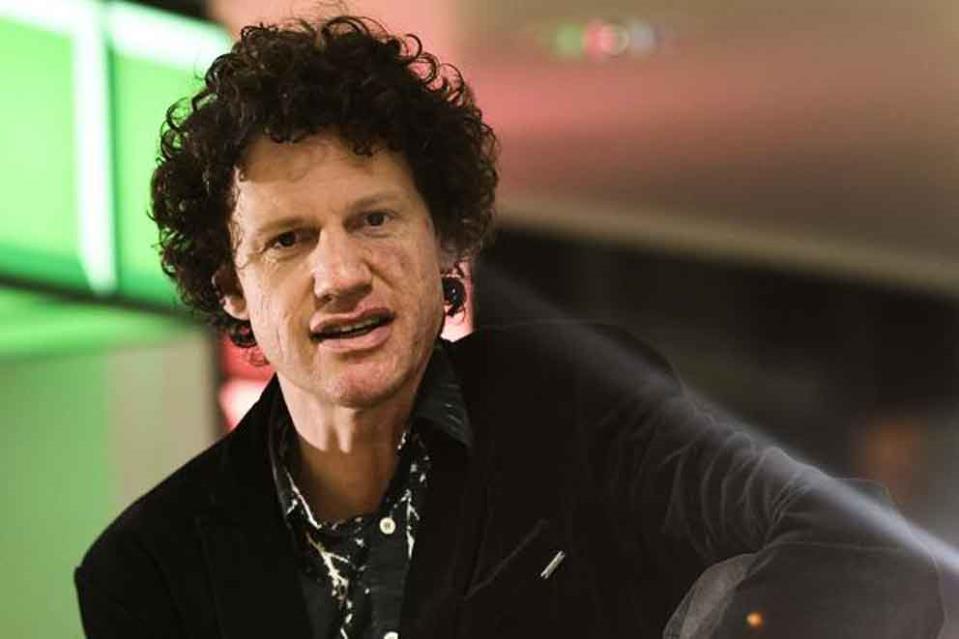Charlie Hebdo, the satirical weekly that lost 12 staff in a terrorist gun attack last week, is one of a diverse group of publications and comics around the world determined to push the boundaries of taste and acceptable expression. Lauded by fans for saying the unsayable, some have also been criticized for perceived bigotry and faced prosecution.
A look at some notable provocateurs:
___

FRANCE'S CONTROVERSIAL COMIC
Millions have marched in France under the slogan "Je suis Charlie" to condemn the terrorist attacks and defend free speech. But the limits of that speech are regularly tested by controversial comedian Dieudonne M'bala M'bala, who has been convicted several times of inciting racial hatred and anti-Semitism.
Days after more than 1 million people, including France's president and other world leaders marched through Paris in solidarity with the murdered journalists and defense of free expression, the comic - who has a strong following among the young and disaffected - was arrested for allegedly defending terrorism. The arrest came after a post appeared on Dieudonne's Facebook page saying "I feel like Charlie Coulibaly," merging the names of Charlie Hebdo and Amedy Coulibaly, the attacker who killed four hostages at a kosher supermarket.
The arrest is sure to anger the comic's supporters, though others argue that free speech should not extend to promoting terrorism or making light of the Holocaust, the reason for some of Dieudonne's convictions. The comic's shows were banned by the government last year amid controversy over the quenelle, a gesture he popularized that many say mimics a Nazi salute. He insists the gesture sends an anti-establishment message, not an anti-Semitic one.
___

MIDEAST MOCKERY
Depicting the Prophet Muhammad, as Charlie Hebdo did, would be unthinkable in the Muslim countries of the Middle East, but the region has a centuries-old tradition of satirical poetry and provocative writing. The Arab Spring of 2011 unleashed new comic voices - though some rulers have failed to be amused.
Satirist Bassem Youssef - often called Egypt's Jon Stewart - was the flag-bearer of a new kind of political satire in the country, spoofing the military, the Islamist Muslim Brotherhood and the country's growing nationalist fervor. But he took himself off the air in June after coming under intense official pressure. Since the military's 2013 ouster of Islamist President Mohammed Morsi, Egypt has seen a surge in nationalism that tolerates little criticism of the army or the new president, Abdel-Fattah el-Sissi.
Elsewhere, the onslaught by the extremist Islamic State group has sharpened satirists' barbs, with TV skits from Iraq, Lebanon and Syria mocking the fundamentalist militants as bumblers and hypocrites. In one skit, a jihadi berates a taxi driver for listening to the radio and using air conditioning, because these things did not exist in the earliest days of Islam; he is kicked out of the car and told to wait for a camel.
Newspaper editorial cartoons remain a powerful strand of satire across the region, joined by upstart comics and magazines, including Egyptian youth alt-zine named TokTok, full of dark and sometimes surreal humor, and the feminist comic magazine Shakmagia, or Jewelry Box, which has tackled Egypt's endemic sexual harassment and violence.
"They are teasing out all these difficult issues and often through a backhand way," Jonathan Guyer, a Cairo-based scholar researching Egyptian comics, told The Associated Press in November.
___

POST-SOVIET SATIRE
The collapse of the Soviet Union unleashed a torrent of lampooning energy, which has not always been welcomed by post-Soviet governments.
Since the early days of democracy in 1990, Polish weekly NIE (No) has mocked religion in predominantly Roman Catholic Poland - and has often been sued for "insulting religious feelings." The paper, which faces yet another court date next week, marked Epiphany with a cartoon of the Three Wise Men carrying a rubber sex-doll, a dildo and a pile of pornographic magazines.
Sometimes new freedom produced humour that reflected old prejudices. Weekly paper Romania Mare (Greater Romania) is another survivor of the immediate post-Communist years, though its readership is now a fraction of the million who once devoured its mockery of politicians and public figures. It tackles topics that others will not - criticizing corruption and CIA secret prisons on Romanian soil. It also has xenophobic bent - and tries to "out" public figures it thinks are Jewish, Hungarian or Gypsies. Unsurprisingly, it has frequently been accused of anti-Semitism.
Russian satire has grown tamer under the increasingly authoritarian rule of President Vladimir Putin. One publication much missed by fans is The Exile, a biweekly tabloid that insulted and criticized the Kremlin, Russian society, the United States and a wide range of other targets, frequently in hyperbolic and profane language. A mix of humour and investigative journalism, it openly called Putin's Russia fascist, and reported extensively on drug abuse and prostitution. Written by a team of Russians and expats, the English-language publication closed in 2008 after an audit that discovered some irregularities spooked its investors.
___

RUDE BRITANNIA
The English-speaking world has few equivalents to Charlie Hebdo's provocative, strongly anti-clerical humor, though "South Park" creators Trey Parker and Matt Stone perhaps come close for their juvenile relish and willingness to tackle often-avoided topics, from religion to the sexual orientation of Hollywood stars.
Britain is proud of its long tradition of mocking its politicians and royalty, which stretches from the 18th-century caricatures of William Hogarth to weekly magazine Private Eye and satirical puppet series "Spitting Image."
But even in an irreverent country where public figures have learned to take their lumps from comedians, filmmaker Chris Morris stands out for taking on topics others fear to touch - and for provoking unusually strong reactions.
A TV channel was forced to apologize in 2001 for airing his mock-news program "Brass Eye after it satirized sensationalist media treatment child sex abuse in a way some viewers felt trivialized the crime. His recent show "Black Mirror" featured a story line about a British prime minister having sex with a pig on live TV.
Morris tackled terrorism in his 2010 film "Four Lions," which centred on four fictional home-grown jihadis with many similarities to the suicide bombers who killed 52 commuters on London's transit in 2005. The hapless terrorists' attempts to cause carnage were both bumbling and lethal, and the film mixed satire, farce and tragedy. The film initially struggled to get funding, and some commentators said it was too raw a subject for humor, but it was widely praised by critics on its release.